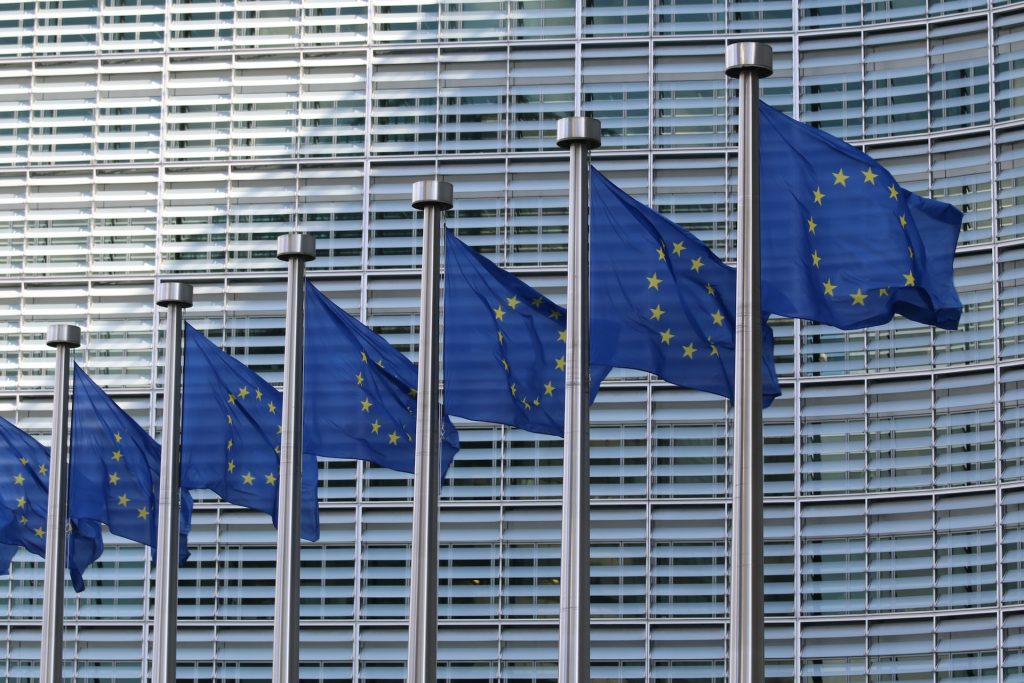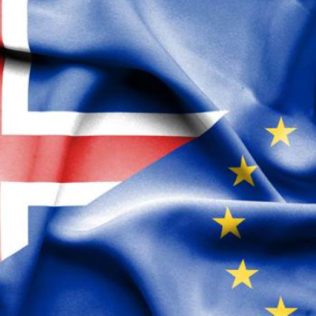If you want a short answer to these two questions, we want to tell you that: Iceland is part of Europe, but Iceland is NOT in the EU; instead, Iceland belongs to the EEA (European Economic Area) and is a member of the Schengen area. If you want to travel to Iceland, make sure you have a proper visa for travelling Schengen area.
But even with this said, Iceland has a tight and close relationship with the European Union politically, economically, and in other development aspects. In this blog, we will briefly discuss the relationship between Iceland and the EU and explain how this could matter to you as a traveller to Iceland.
- Related links: Cars rental in Iceland; Driving in Iceland-all you need to know
A brief historical background between Iceland and the EU
Iceland’s relationship with the European union(EU) dates back to the early 1960s, when it became a member of the European Free Trade Association (EFTA). In the late 1980s, Iceland applied for join the EU membership, but the process was halted due to political and economic concerns.
Iceland later resumed negotiations in 2009, following the financial crisis that hit the country in 2008. However, the negotiations were ultimately suspended in 2013, after the Icelandic government decided to put the issue to a referendum.
The referendum was held in 2015, with most Icelanders voting against EU membership. Despite not being an EU member, Iceland maintains a close relationship with the bloc through its participation in the European Economic Area (EEA) and the Schengen Agreement, which allow for the free movement of goods, services, and people between Iceland and the EU.
List of EU, EEA countries
| The EU countries | The countries in the European Economic Area (EEA) |
| Austria, Belgium, Bulgaria, Croatia, Republic of Cyprus, Czech Republic, Denmark, Estonia, Finland, France, Germany, Greece, Hungary, Ireland, Italy, Latvia, Lithuania, Luxembourg, Malta, Netherlands, Poland, Portugal, Romania, Slovakia, Slovenia, Spain Sweden. | The EEA includes EU countries and also Iceland, Liechtenstein and Norway. It allows them to be part of the EU’s single market. |

Iceland in the European Economic Area (EEA) and the Schengen Agreement
Iceland is not a member of the EU but participates in the European Economic Area (EEA) and the Schengen Agreement. The EEA is a free trade area that includes the EU member states and Norway, Iceland, and Liechtenstein. This means that Iceland has access to the EU’s single market, including the free movement of goods, services, and people.
What is the Schengen agreement?
On the other hand, the Schengen Agreement is an agreement among 26 European countries that have abolished passports and other types of border control at their mutual borders. This means that people can travel freely between these countries without showing their passports or going through immigration checks.
Travel document/ visa needed to travel to Iceland
As a member of the EEA and the Schengen Agreement, Iceland has implemented many of the same laws and regulations as EU member states. This includes many of the same travel regulations, such as visa requirements and border controls.
If you from non-EEA countries may require a visa to enter Iceland, those from EEA countries are not required to have a visa.
Iceland’s participation in the Schengen Agreement also means that border controls between Iceland and other Schengen countries are generally relaxed. This allows travellers to move freely between Iceland and other Schengen countries without undergoing extensive border checks.
Iceland currency: Icelandic Krona (ISK)
Iceland is not part of the eurozone, meaning we DO NOT use Euro; you have to exchange the local currency Icelandic krona, if you plan on paying in cash in Iceland. But as we discussed in our Iceland currency Guide, Iceland is almost a cash-free payment country, meaning you can pay for your hotel, car rental company, tours, food and groceries with credit or debit cards.

Is Iceland part of the EU?
Iceland is not a member of the EU but a member of the European Economic Area and part of the Schengen Agreement. This means that travellers from EU and non-EU countries can enter Iceland without a visa for up to 90 days as long as they have a valid passport.
It is important to note that visa requirements may vary depending on the traveller’s country of origin and purpose of visit. Therefore, checking the visa requirements before travelling to Iceland is essential to ensure a smooth and hassle-free trip.






